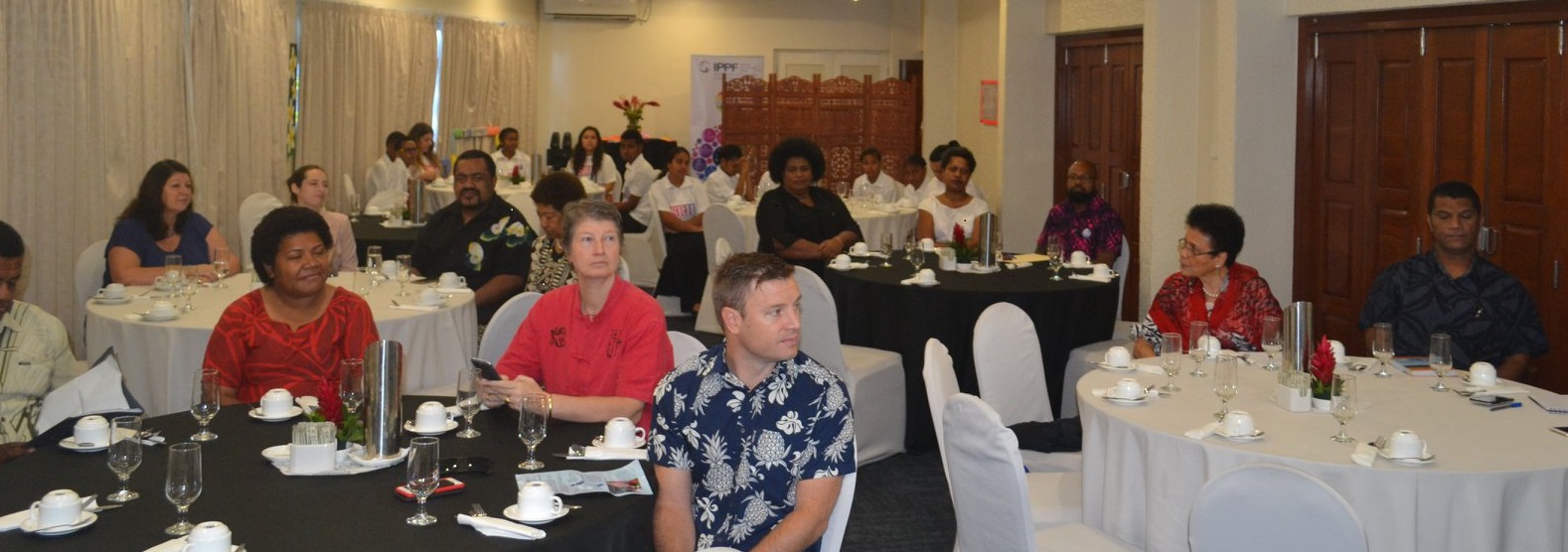Advocacy
A. Empowerment
RFHAF’s vision and mission have at their heart a commitment to the empowerment of people. RFHAF seeks to empower individuals to become advocates for their own rights and active citizens with the power to influence decisions that affect them.
RFHAF’s focus is on strengthening a asexual and reproductive health team at the community level, through building the capacity of communities and supporting them.
B. Policy influencing
RFHAF, by acting as an actor to influence policy at national level, seeks to fill this gap, and in doing so address the wider factors that impact on the realization of sexual and reproductive health and rights.
RFHAF being engaged in

c) Convening for Change
- Increasing evidence demonstrates the advantages of a form of advocacy less focused on ‘demanding’ specific changes, and instead aiming to foster collective action to solve problems and bring about change.
- The role here for RFHAF is in “convening for change,” in building the relationships, space and trust between different stakeholders so they can come together to collectively work for solutions.
- This approach acknowledges that often the impediments to achieving change are in galvanising collective action between stakeholders, including communities, CSOs, private sectors and governments, instilling a sense of shared purpose and mutual confidence in the actions and roles of others.
- RFHAF works at establishing strong partnership among government ministries such as the Ministry of Health & Medical Services, Ministry of Education, Heritage & Arts, Ministry of Women, Children & Poverty Alleviation, Ministry of Youth & Sports (MoU with the ministries which will entail the inclusion of fund allocations for sexual and reproductive health information and services);
- Private Sector work with Australia & New Zealand Banking Cooperation, Fiji Development Bank, Kontiki Finance (increased commitment to support SRH);
- engagement with CSOs such as Fiji Cancer Society, Medical Services Pacific, Fiji Women’s Rights Movement (Universal Periodic Review – identifying and holding government responsible to the conventions it has rectified but has failed to uphold);
Academic institutions such as College of Medicine, Nursing and Health Sciences, Fiji Maritime Academy, and University of the South Pacific (inclusion of sexual and reproductive health and rights as curriculum into the colleges).
